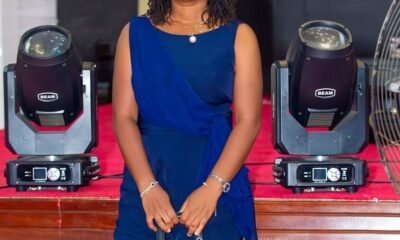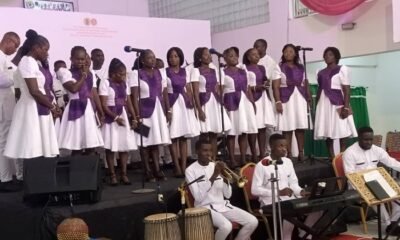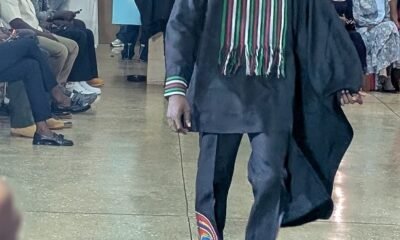Profile
ROFAC creating safer communities within Ada, Madina-Adenta enclave

The infectious smiles and beaming grin on the faces of children is one of life’s greatest joys. It also has a way of brightening even the darkest days.
Most children have their smiles dimmed because their parents have no means of providing them with their basic needs and rights.
While some have lost their childhood to struggles of life, others have lost it to the cruelty of abuse, neglect and harsh realities of poverty.
Helping bridge the gap by putting smiles on faces of less privileged children, Reach out for a Child (ROFAC) is gradually becoming a household name in the Greater Accra Region, especially within the Ada and the Madina- Adenta enclave.
With the aim to improve education, healthcare, and facilities for the underprivileged group in Ghana, ROFAC believes that by improving school infrastructures, learning will be attractive to children, thus increasing attendance and providing a pleasant and safe learning environment.
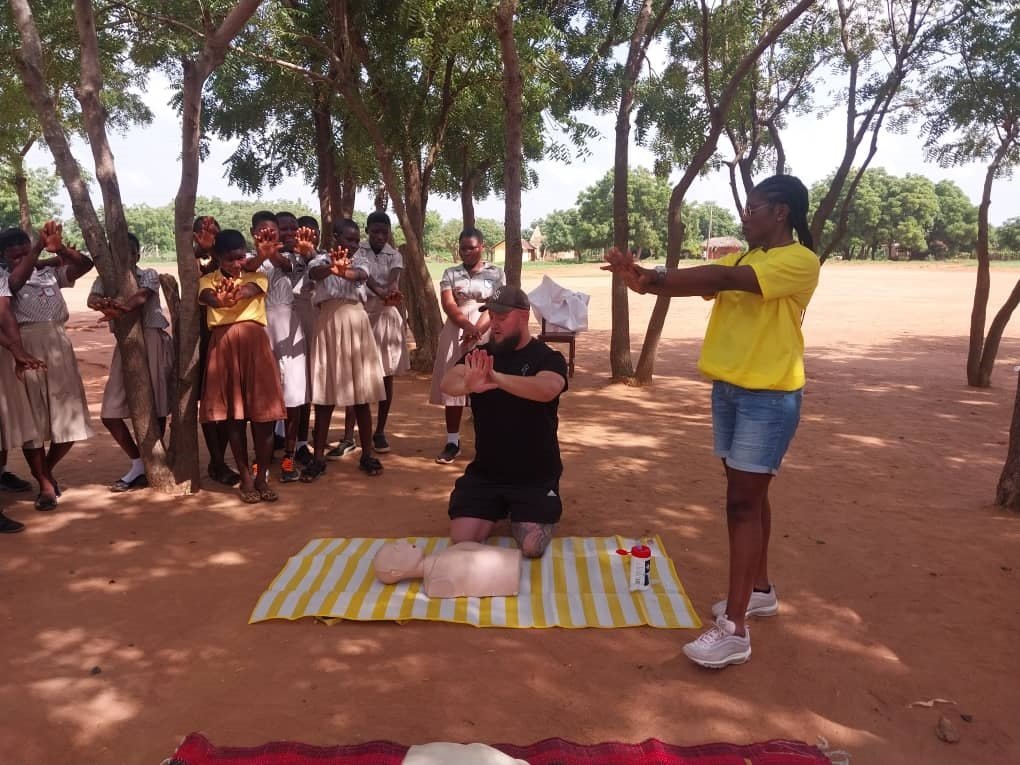
Yvonne Mawufemor Pedersen is an Acute & Emergency Care Nurse (RN, BSN), working in one of the first and largest super-hospitals in Denmark.
How it started
Life in Denmark is far from life in Ghana, where Yvonne grew up.
In 2008 while living in Denmark, Yvonne watched a “United Danish Appeal For Funds” program on television, raise funds to support third world countries, targeting all countries that appear on “The Organization For Economic Cooperation and Development” (OECD), list of third world countries, Ghana was on the list. The television program lit a fire of curiosity in me, but also a level of rage of helplessness.
Growing up in Ghana I knew of some of the challenges some children were subjected to, having to skip school to sell on the streets and in markets to help support the rest of the family. Some, runaways due to domestic violence and abuse. Inadequate infrastructure in most schools didn’t make school attractive either.
I have always had the drive of “Florence Nightingale” I wanted to do something. I wanted to contribute to shifting the narratives of the less privileged. These, and the television program I saw in 2008, contributed to a visit to Ghana, earlier than planned.
The Charity
Reach Out For A Child- (ROFAC) is a small Danish registered charity, started in 2009 by Yvonne Mawufemor Pedersen, a Ghanaian/Togolese resident in Denmark.
The charity was initially formed to raise funds for street children and head potters, after being inspired by a trip while visiting family in Ghana, and sourcing out how to shift the narratives of the above-mentioned group of people. As a result, ROFAC, Ghana was established in the same year, now our partner in Ghana.
Astonishingly, the original target funds were exceeded, and we decided to expand our support to single mothers. We started to raise funds to support the target group, meeting them in the rural areas before their migration to the capital.
As our understanding of rural communities in Ghana grew, so did the scope of our projects, because we understand, there are many factors that contribute to getting a child off the streets and into a classroom, therefore we expanded further to supporting hospitals and schools in rural Accra with teaching aids, hospital equipment’s and giving health education.
As well as lessons in first aid and CPR. This not only includes knowledge to our direct beneficiaries alone, but also that of their families and wider community.
We also, in partnership with our local partners, tailor internship programs for nursing students from Denmark to Ghana.
Our project and since 2009, ROFAC has helped many families in various communities through our numerous projects, and we are determined to ensure that this continues despite challenging circumstances we sometimes encounter.
Through her initiative, ROFAC has over the years, donated school furniture and writing boards for teachers and pupils at the Nuhalenya D/A Primary School in the Ada district, explaining that the organisation has been part of the growing process of the school since the year 2018 for which the head teacher, Mr Narh, together with teachers and some opinion leaders had always expressed their gratitude to the team.
School practicing how to resuscitate
Speaking to The Spectator in Accra last Thursday, Ms Pedersen said the organisation has also begun teaching Cardiopulmonary Resuscitation (CPR) in some basic schools, including Nuhanenya in Ada District and Pauline Queensland schools at Agbogbloshie in the Greater Accra Region to equip young learners with essential skills that can help save lives during cardiac emergencies.
CPR is a lifesaving emergency procedure performed when the heart stops beating.
Introducing the CPR programme in the basic schools, she indicated would not only empower the children with practical knowledge but also promote a culture of safety and responsibility.
In this cause, ROFAC has been advocating the subject matter to teach students the basic steps of CPR, including chest compressions and rescue breaths.
She mentioned that to educate children on recognising emergencies and the importance of seeking adult help will increase awareness of heart health.
As part of the safety measures, ROFAC has also introduce the idea of using child friendly mannequins for the learners to practice chest compressions and breathing techniques under the guidance of medical trainers.
The programme, she said, emphasises on safety, including how to avoid panic and handle emergency situations calmly. The schedule for subsequent teaching children CPR will potentially assist in saving lives within their families and communities.
“Implementing a CPR programme in basic schools is a valuable investment in public health and safety. It empowers students with essential life-saving skills and fosters a sense of responsibility and confidence. By integrating CPR education into the curriculum, schools contribute to building safer communities,” she explained.

Ms Pedersen further indicated that the programme not only prepares children to respond to emergencies but also cultivates a generation of informed and proactive individuals.
ROFAC also embarked on another project by donating a laboratory incubator to the Duala Medical Clinic based at Burma Camp in Accra.
This follows a request made by the medical doctor in charge, Dr Awura Adjoa Nunoo, for the equipment for services at the facility.
By Lawrence Vomafa-Akpalu
Profile
Edwina Anokye-Bempah Redefining Trust in Ghana’s Real Estate Landscape
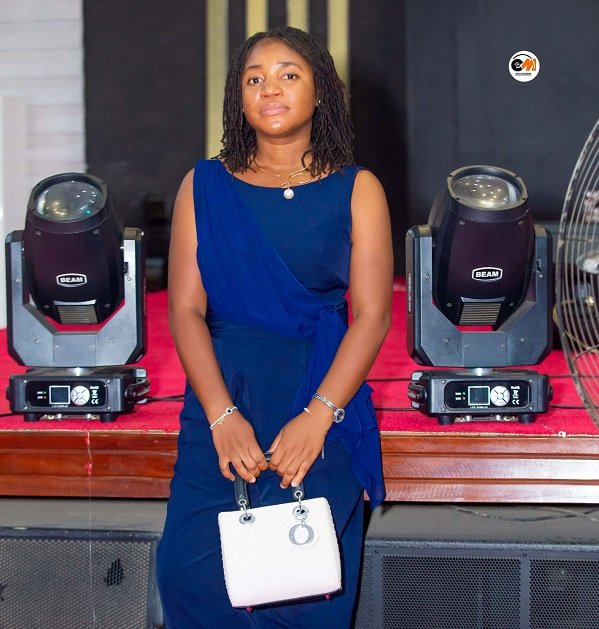
Every morning begins the same way for Edwina Anokye-Bempah, with quiet devotion. It is her grounding ritual, a moment of reflection and gratitude before she steps into the dynamic, often unpredictable world of real estate brokerage.
By the time she arrives at the office, she has already set the tone for her day. She reviews the previous day’s tasks, checks what was accomplished and what still needs attention, and then drafts a new to-do list. For her, success is rooted in deliberate planning, discipline, and the commitment to follow through.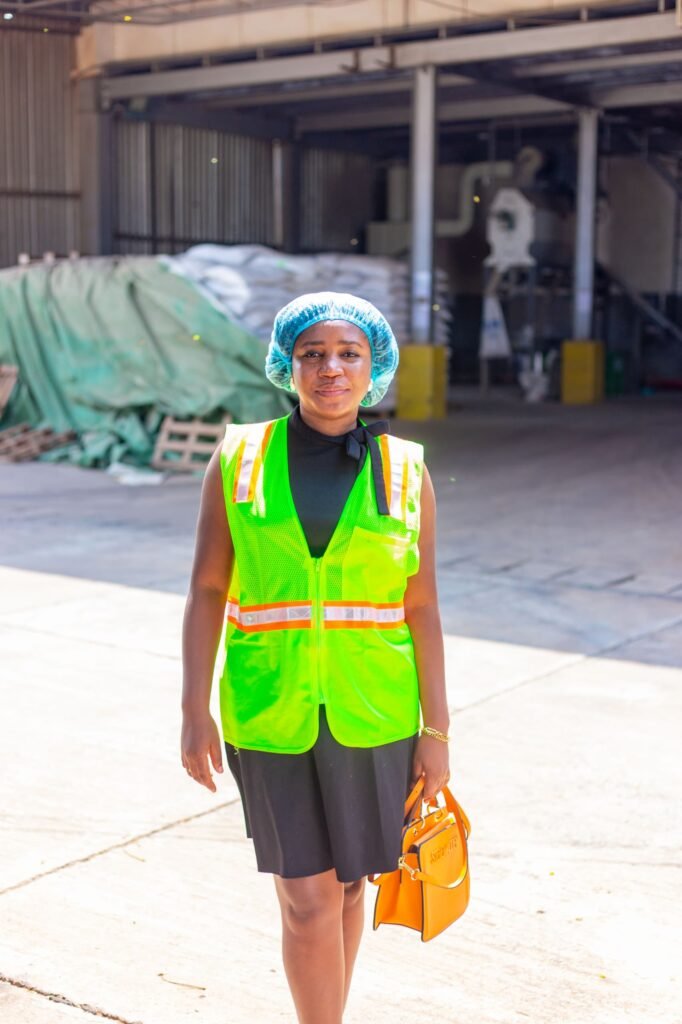
Today, Edwina stands out as one of Ghana’s promising real estate brokers, but she is also clear about the distinctions within her field. While many people casually use the term ‘realtor,’ she is quick to explain that only professionals registered with the National Association of Realtors can claim that title.
“Since I am not registered with the association, I am a real estate broker,” she says. It is a role she embraces wholeheartedly, facilitating transactions, connecting buyers and sellers, and ensuring clarity and integrity at every step.
Her journey into the industry took shape at MeQasa, an online platform dedicated solely to real estate. The platform exposed her to developers, agents, and the complexities of property transactions. She worked closely with developers and observed one recurring problem: clients often complained about agents who failed to respond, follow up, or provide accurate information.
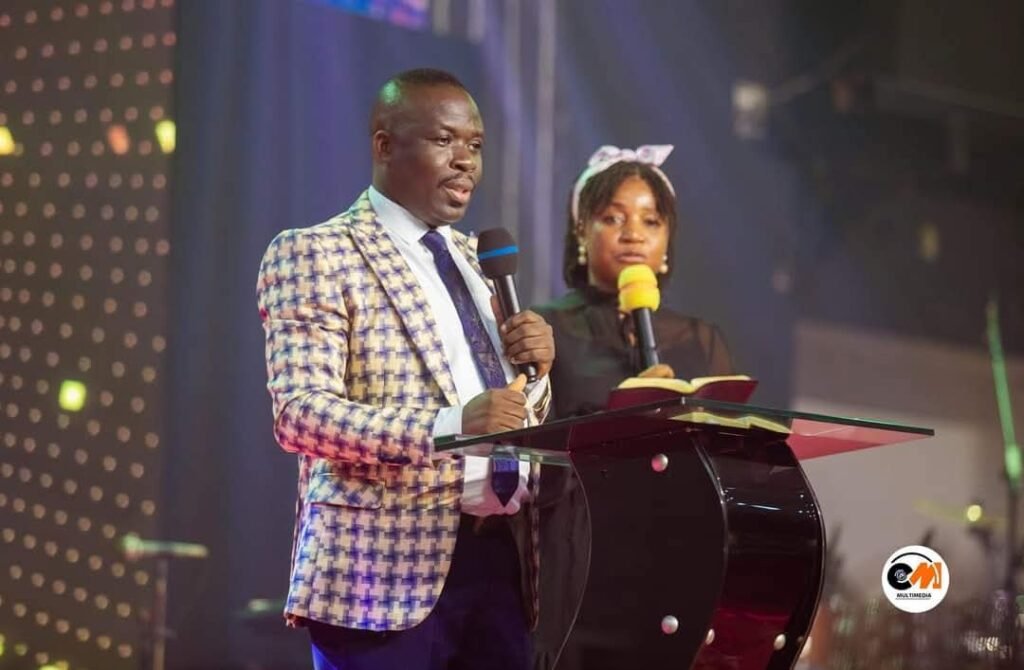
With her background in sales and marketing, Edwina felt naturally drawn to the field. It was an industry where she believed she could make a meaningful, positive impact. Real estate, she came to learn, is far more than brick and mortar. It is about helping people secure one of the most important investments of their lives. This understanding shapes every decision she makes.
One of the most challenging tasks in her work is qualifying clients.
“A serious buyer must be willing, ready and able,” she explains. When one of these three qualities is missing, the transaction is likely to stall or collapse entirely.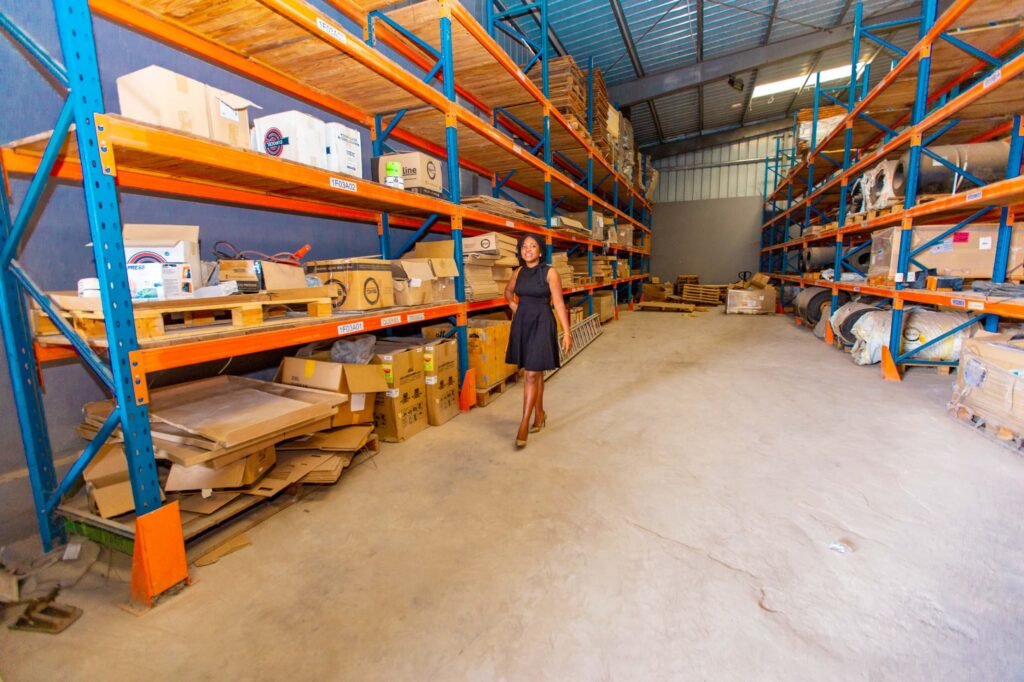
On the seller’s side, due diligence is equally critical. Ownership disputes, land fraud, and unclear documentation remain some of the biggest risks in Ghana’s real estate sector.
Edwina understands the weight of the responsibility she carries. “The money involved is huge. These are people’s lifetime savings. Most people buy one home or maybe two in their entire lives. You cannot afford to make a mistake.”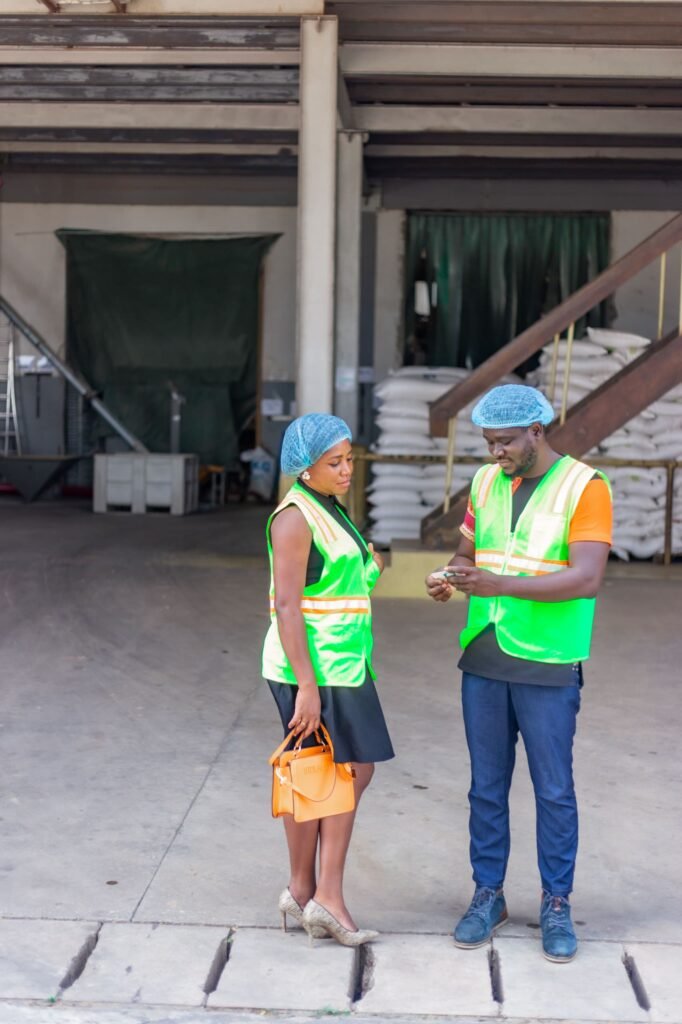
Working in what many describe as a male-dominated field has never intimidated her. With an MBA in Marketing and extensive experience in sales roles including a stint as an Account Manager in an advertising agency, she has grown comfortable handling clients, negotiating deals, and presenting herself with confidence.
“My gender has never discouraged me,” she says. “What matters is hard work and ensuring that the client’s needs were met.”
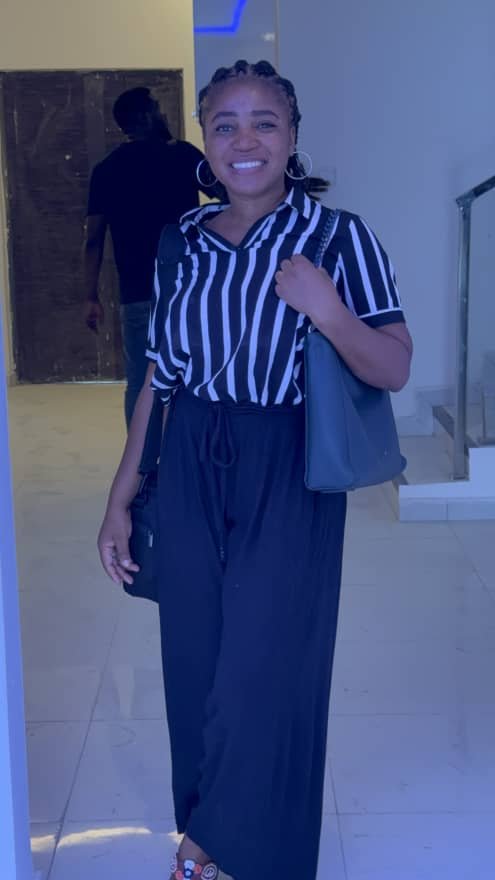
The only occasional challenge, she admits, was maintaining professional boundaries when some men attempt to be overly familiar. Her solution is simple: stay professional and do not over-familiarise yourself with clients.
Her educational journey started in Kumasi, followed by Yaa Asantewaa Girls’ Senior High School, where she studied Agricultural Science. She continued the same at the University of Ghana before pursuing her master’s degree. After university, she worked on her uncle’s poultry farm before moving into advertising. Later, her role at MeQasa finally opened the door to the career she had long been unknowingly preparing for.
Over the years, Edwina has built a reputation not only for competence but also for care. She recalls one client in particular, an older man relocating to Ghana with no family in the country. After helping him secure two homes, she became the closest person he could rely on. One evening at around 8 p.m., he called to say he felt unwell. Without hesitation, she drove to his home and rushed him to the hospital. Doctors later told her that any delay could have been fatal.
For Edwina, that moment affirmed that the job goes far beyond selling property. “It doesn’t end with the sale,” she says. “You have to look out for people.”
Her influence also extends to younger people observing her journey. She is known for her tenacity, her refusal to give up on clients or tasks, and her resilience in the face of challenges. Those who work around her learn to push forward regardless of setbacks.
“If a deal doesn’t go as expected, you don’t look back. You find a way.”
Beyond real estate, Edwina serves as an interpreter in her church, a role that dramatically boosted her confidence. What began with trembling legs has evolved into a boldness that reflects in her public speaking and client interactions. She credits her growth to God, her senior pastor, her mother, siblings, friends, and her dedicated team — “an amazing circle,” she calls them.
Today, she is also a partner in a showroom business dealing in vanity units, sanitary wares, and tiles, an extension of her real estate insight and experience.
For young people aspiring to join the industry, her advice is clear: “Learn the industry beyond selling. Understand transactions, build strong relationships, and always do your due diligence.”
For Edwina Anokye-Bempah, real estate is more than business; it is trust, service, and impact, one client at a time.
By Esinam Jemima Kuatsinu
Join our WhatsApp Channel now!
https://whatsapp.com/channel/0029VbBElzjInlqHhl1aTU27
Profile
How a Collapsed Dream Birthed Another: Daniel Debrah’s Music Journey

From the age of five, Daniel Nana Kwesi Kakra Debrah has lived a life surrounded by rhythm, harmony, and the quiet pulse of music. Growing up in a home where instruments filled corners and rehearsals were as normal as conversation, Daniel’s first teachers were not in formal classrooms—they were the sounds, movements, and discipline he absorbed from his father, a committed church musician.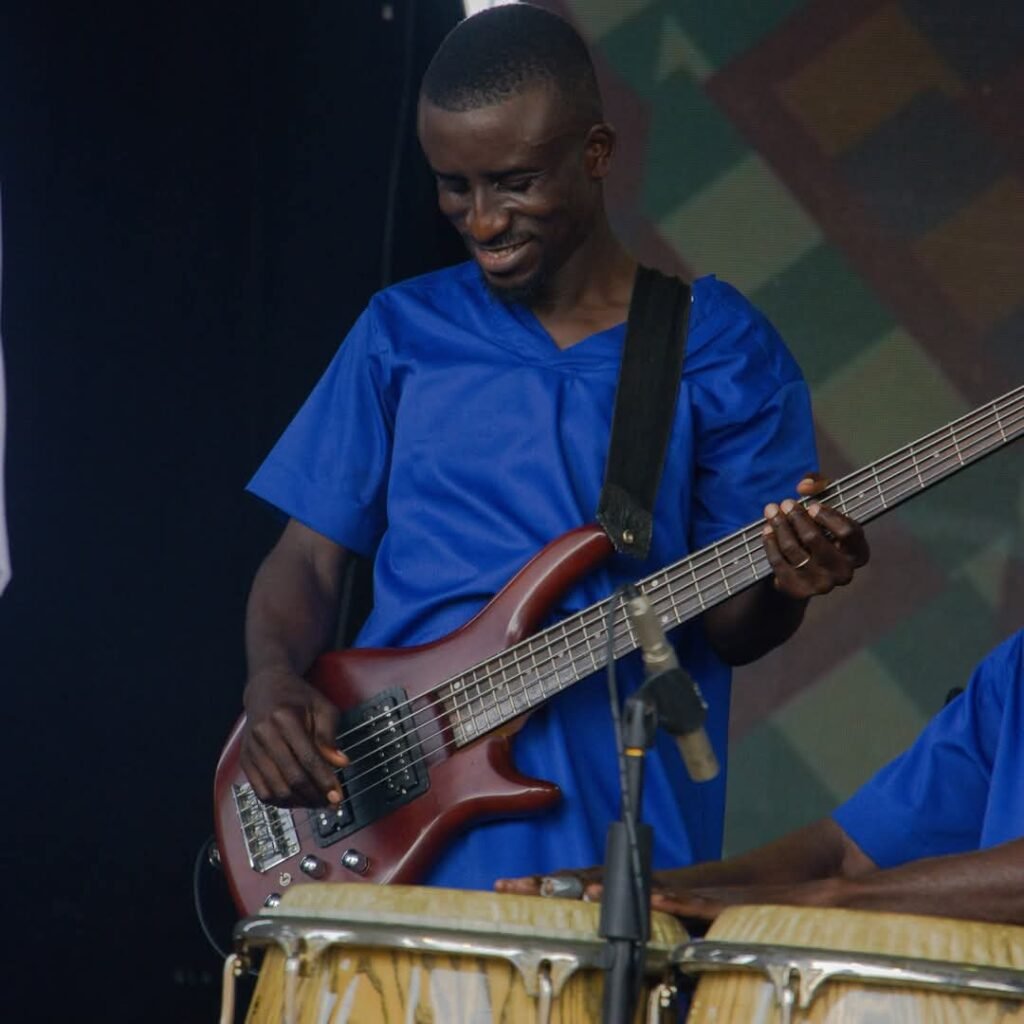
Ironically, music was not Daniel’s first dream. Like many young boys, he once hoped to become a professional footballer. But an injury from a school match left him unable to walk for three months, forcing him to retire that ambition. What seemed like a tragedy at the time became the turning point that aligned him with the path he was always meant to follow.
Daniel’s earliest musical expression began in church. As a boy in Sunday School, he eagerly ‘pounded’ the drums, quickly becoming known as the child who never missed an opportunity to play. Even in Senior High School (SHS), although many of his classmates were unaware of his talent, he continued practising quietly until completing school in 2005.
After SHS, Daniel joined a church music class with the intention of growing as a drummer, but one moment changed everything. Watching a bass guitarist perform stirred something in him. Drawn to the deep, steady tones of the bass, he persuaded a friend to teach him the basics. With no instrument of his own, Daniel practised at home using a broken guitar for more than eight months.
Then destiny intervened. The church’s lead bassist was suddenly suspended, and Daniel stepped in voluntarily during an evening service. That temporary voluntary act became permanent as he was asked by the then Music Director to fill in the gap. From that point, he embraced the bass guitar fully—a decision that defined the rest of his life.
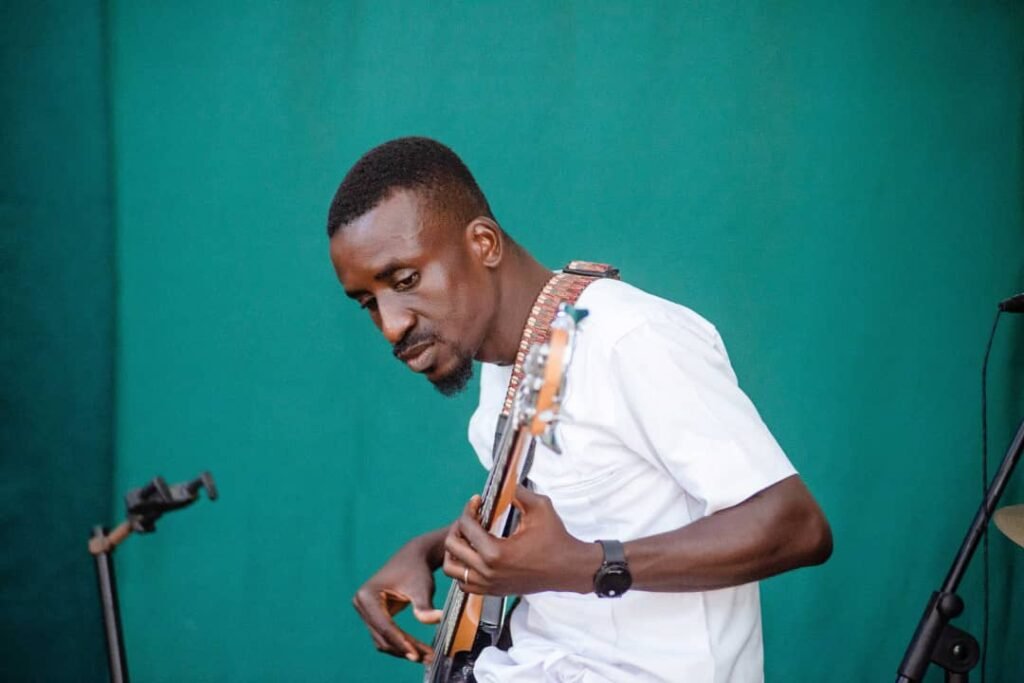
Around 2006, Daniel made a life-changing decision to take his craft seriously. He began practising for hours on end, sometimes up to eight hours a day, often without food, locked away from family and friends, perfecting techniques and expanding his creativity. While others assumed he was outdoors socialising, Daniel was indoors sharpening his gift.
His breakthrough came in 2007 when he performed in the TV3 Bands Alive competition. The exposure, applause, and feedback confirmed his dream: “music was not just a passion; it was his calling,” he said.
With time, Daniel moved confidently into the professional space. He performed at studio sessions, live concerts, weddings, church events, and high-profile national programmes. His talent, discipline, and reliability earned him a reputation that continues to attract respected gospel artistes.
Today, he works closely with Daughters of Glorious Jesus, Chris Apau, and Israel Ofori, who have been of immense help to his career ministry. He also collaborates with several ministries and offers support with musical arrangements, live performances, and studio recordings.
Beyond the stage, Daniel sees himself as a mentor. Many young musicians reach out to him, some visiting in person, others calling for guidance. Whether through hands-on training or virtual coaching, he is always ready to teach. For Daniel, music is not just technique; it is character, discipline, and values. He believes a musician must carry integrity both on and off stage.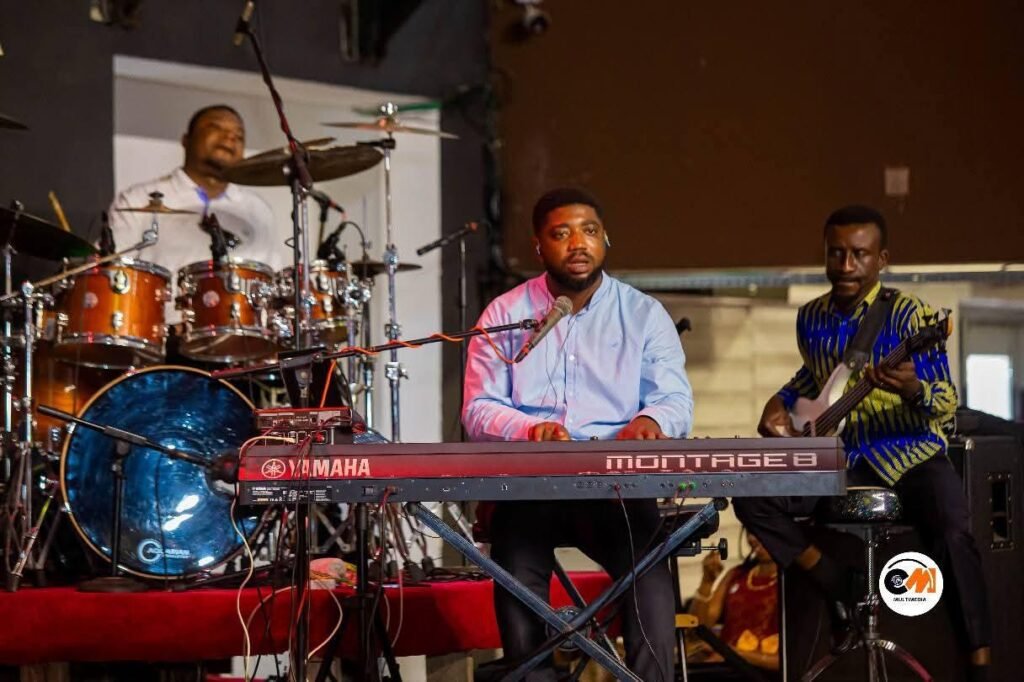
Like many musicians in Ghana, Daniel has faced challenges with delayed payments and broken agreements. These experiences have taught him to value professionalism. He now insists on part payment upfront and charges more for his services, a decision grounded in self-respect and fairness.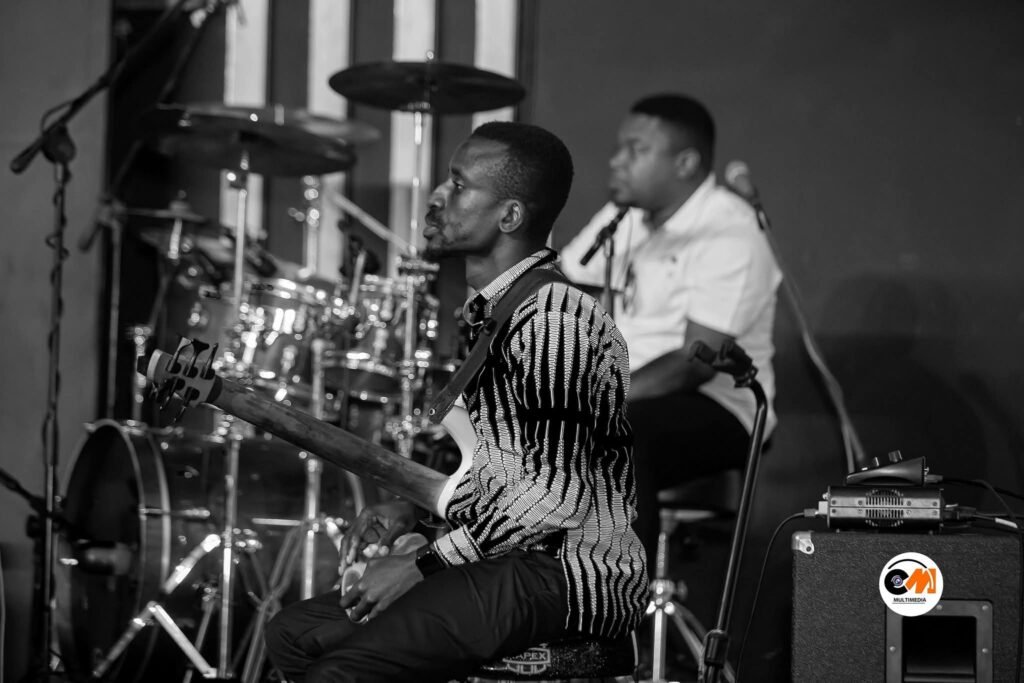
Daniel’s journey in music has been shaped by various individuals who have supported him at different stages of his career. He acknowledged Opoku Agyeman Sanaa, Kofi Ennin, Andrew Klu, Mr. Samuel Abbey, Mr. Samuel Sarpong Agyei, Paul Quartey, Mr. Nene Emmanuel, and Mr. Isaac Asiedu, saying that their belief in him continues to inspire his journey.
Daniel’s work is guided by his Christian faith. He sees music as ministry, not merely entertainment. Off stage, he is a devoted family man—a husband and father of two, a boy and a girl, who have also started playing musical instruments. During his leisure time, he listens to music, or plays football and action video games.
Through his acts of service and unwavering determination, Daniel continues to inspire others, proving that when passion meets integrity, ordinary men impact the lives of others.
By Esinam Jemima Kuatsinu

